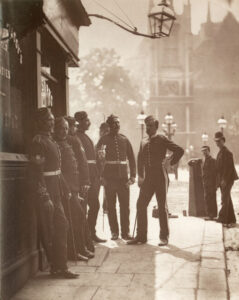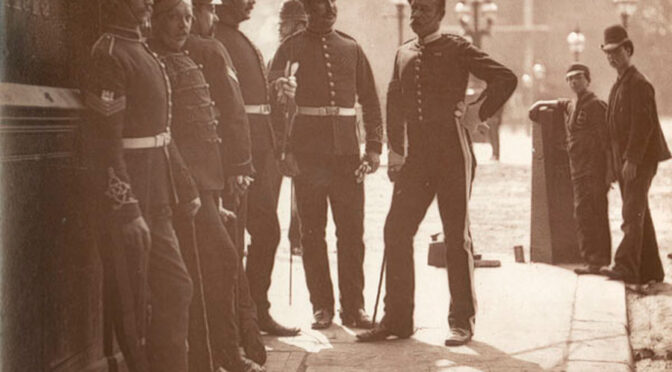Plans to replace regular soldiers with part-timers are in desperate trouble
Senior officers have been busy flashing out immediate operational orders. Has a rampaging jihadist army landed on our shores to threaten the capital? No, what is causing brass to jangle is an entirely predictable recruiting crisis.
In the past three months, barely a quarter of the numbers needed have enlisted in the Army Reserve — the TA — and the outlook is no better. This bleak picture is also reflected in the Regular Army, but the impact is most serious in the Reserve because a swell in their numbers is the cornerstone of the Government’s fundamentally flawed plan to replace 20,000 professional regular soldiers with part-timers.
How did this crisis happen? The message has been received loud and clear among jobseekers that the Armed Forces is a declining industry, with the Army slashed to its lowest level in 200 years and thousands made redundant. Access to real soldiers is being curtailed as half of the already overstretched recruiting offices are shut down to save
money. Meanwhile army recruitment is outsourced to a civilian company over-dependent on the low-cost seductions of the internet.

We need infantry most. And the sort of man we need to charge down an enemy machinegun nest with bayonet fixed is not one who spends all day peering into a computer screen or is susceptible via Facebook or Twitter.
As a battalion commander I was once faced with a dire manning crisis. I solved it not by waiting for recruits to come into a recruiting office or to register online but by getting young soldiers in uniform out on to the streets, into schools and colleges and job centres, and chatting up potential teenage recruits outside McDonald’s.
The MoD hoped that their exciting new Reserve would be underpinned by bringing back the very people they had sacked in the redundancy programme. It was a false, and deeply cynical, hope. Those made compulsorily redundant leave with a bad taste in their mouth.
The MoD’s desperate hope of turning business leaders into army recruiters also suggests they are living in a parallel universe. Most employers don’t want their people to be part-time soldiers. They see it as disruptive and costly, particularly at a time of economic pressure.
I am saddened to see our military chiefs forced into these panicky contortions by politicians. Generals should remember that, even in the internet age, real live soldiers in uniform are the most effective recruiting tools they have.
Published in The Times, 12 August 2013. © Richard Kemp

